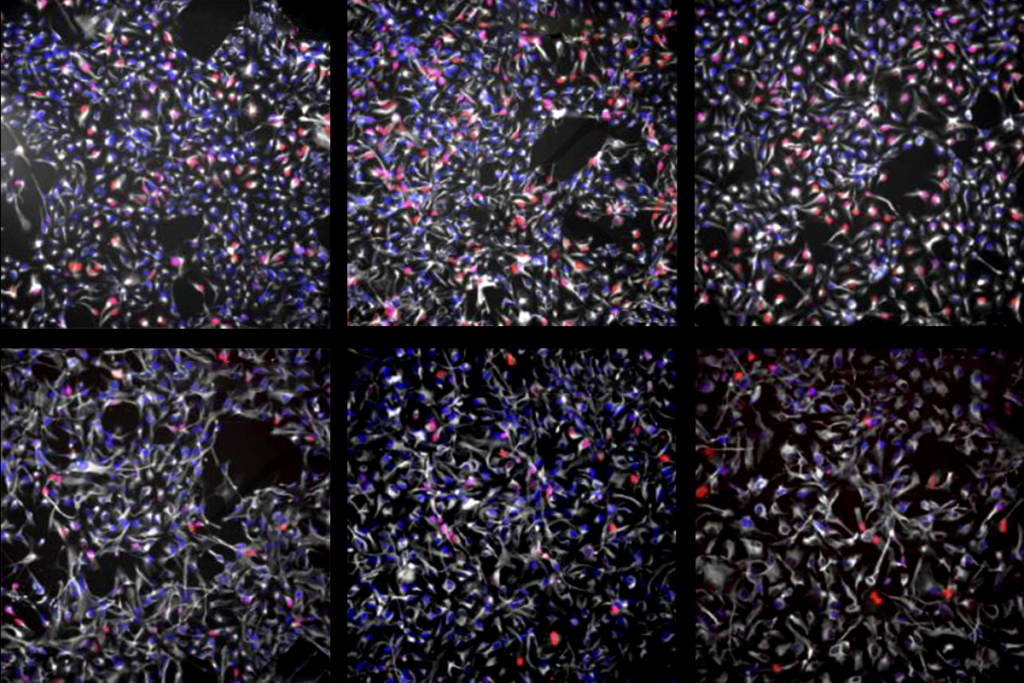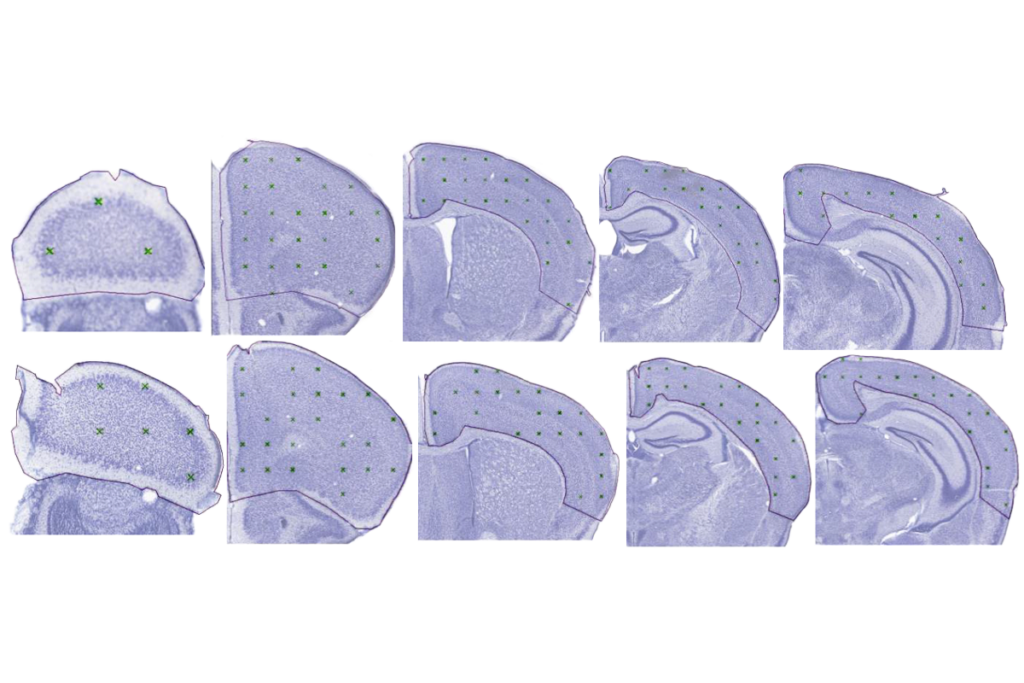Almost every human cell teems with a potpourri of tiny powerhouses: mitochondria. Up to thousands of them. These organelles use oxygen to convert the nutrients from the food you eat into a form of energy the body can use. The brain consumes a lot of this energy — about 20 percent. Could changes in mitochondria, then, affect how the brain functions and contribute to autism? Read the related article, Meet the ‘mitomaniacs’ who say mitochondria matter in autism.
Mitochondria: An energy explanation for autism
People with autism have more mutations than others do in both mitochondrial DNA and nuclear DNA that affects mitochondrial function.
By
Laura Dattaro
22 November 2021 | 3 min watch
Illustration by Mengxin Li
Recommended reading

INSAR takes ‘intentional break’ from annual summer webinar series
By
Lauren Schenkman
30 June 2025 | 4 min read

Dosage of X or Y chromosome relates to distinct outcomes; and more
By
Daisy Yuhas
24 June 2025 | 2 min read
Explore more from The Transmitter

Machine learning spots neural progenitors in adult human brains
By
Claudia López Lloreda
3 July 2025 | 7 min listen
Xiao-Jing Wang outlines the future of theoretical neuroscience
By
Paul Middlebrooks
2 July 2025 | 112 min listen

Memory study sparks debate over statistical methods
By
Katie Moisse
2 July 2025 | 5 min read
Cite this article:
